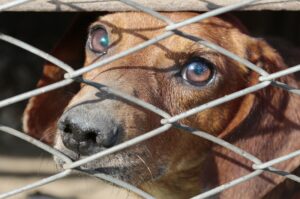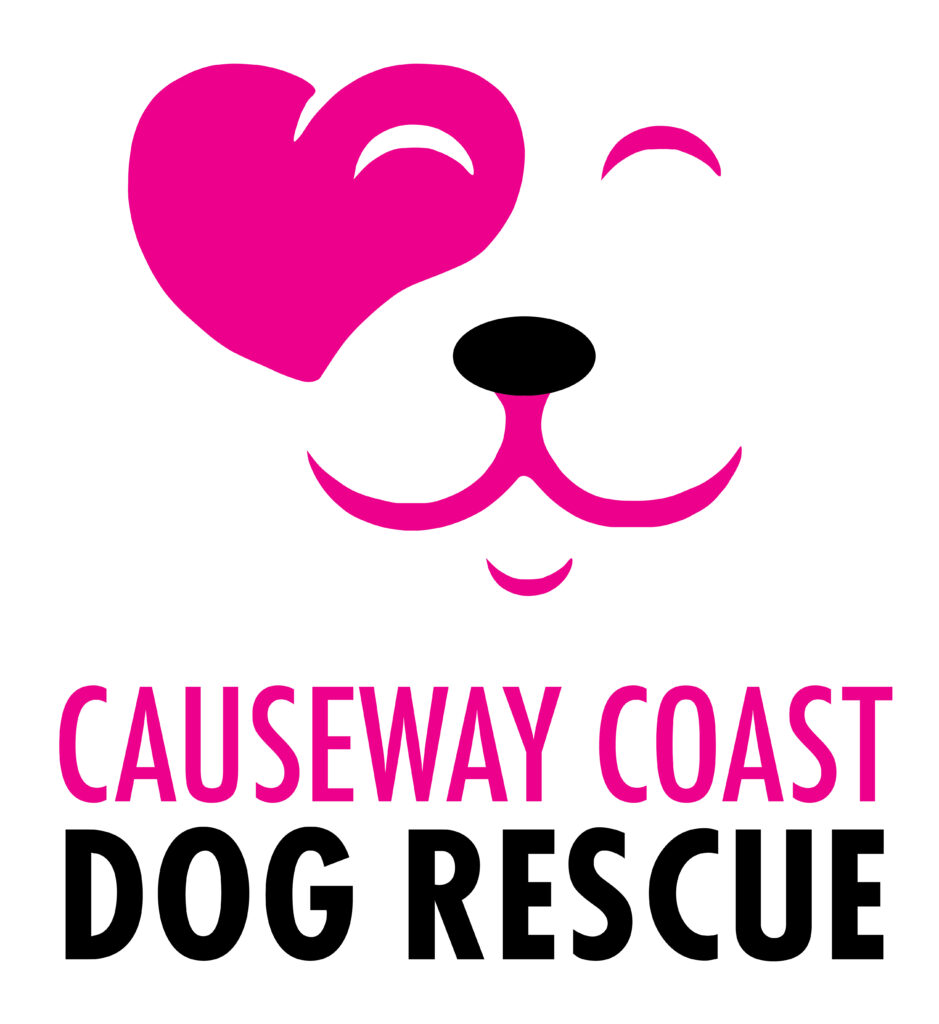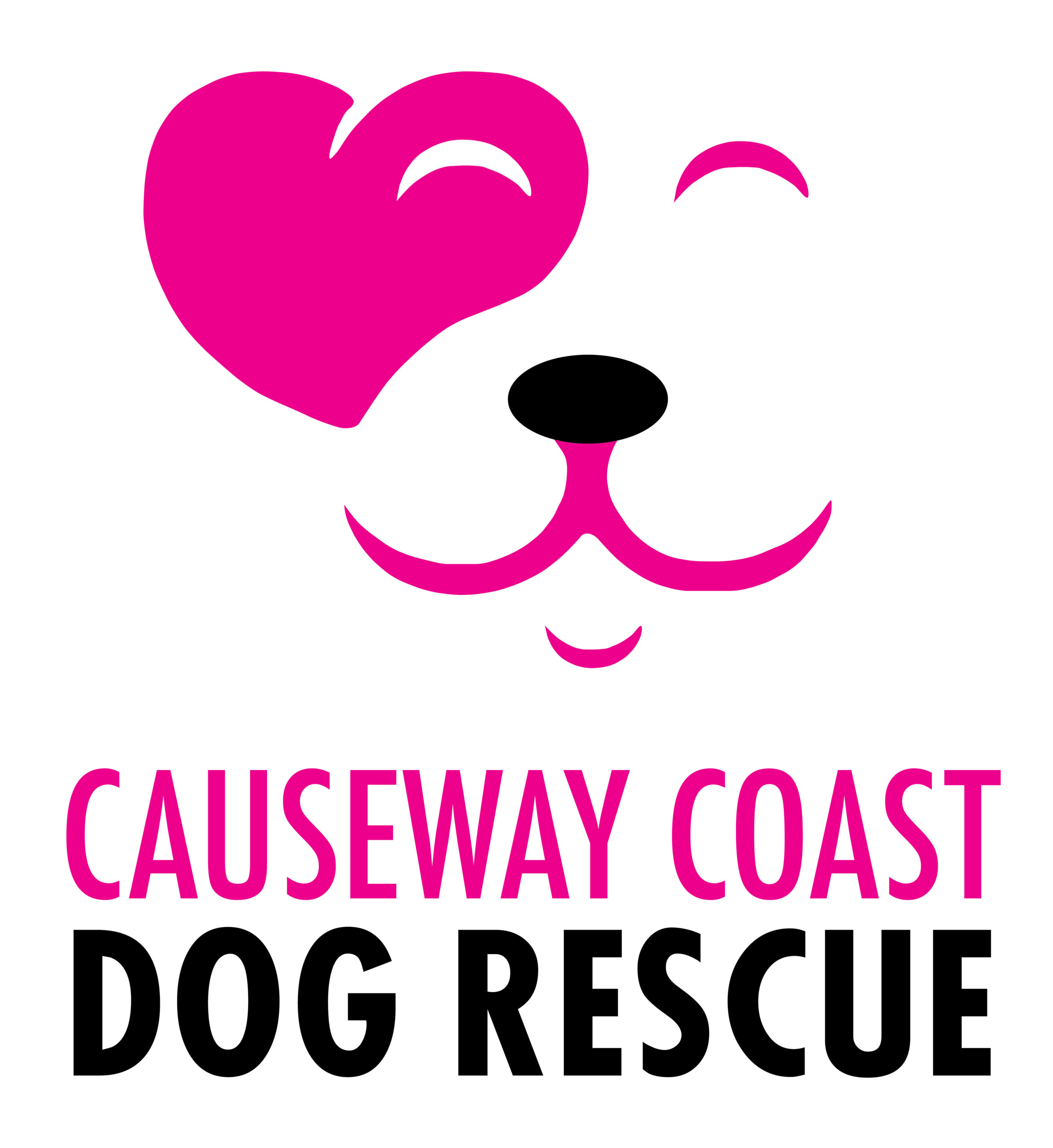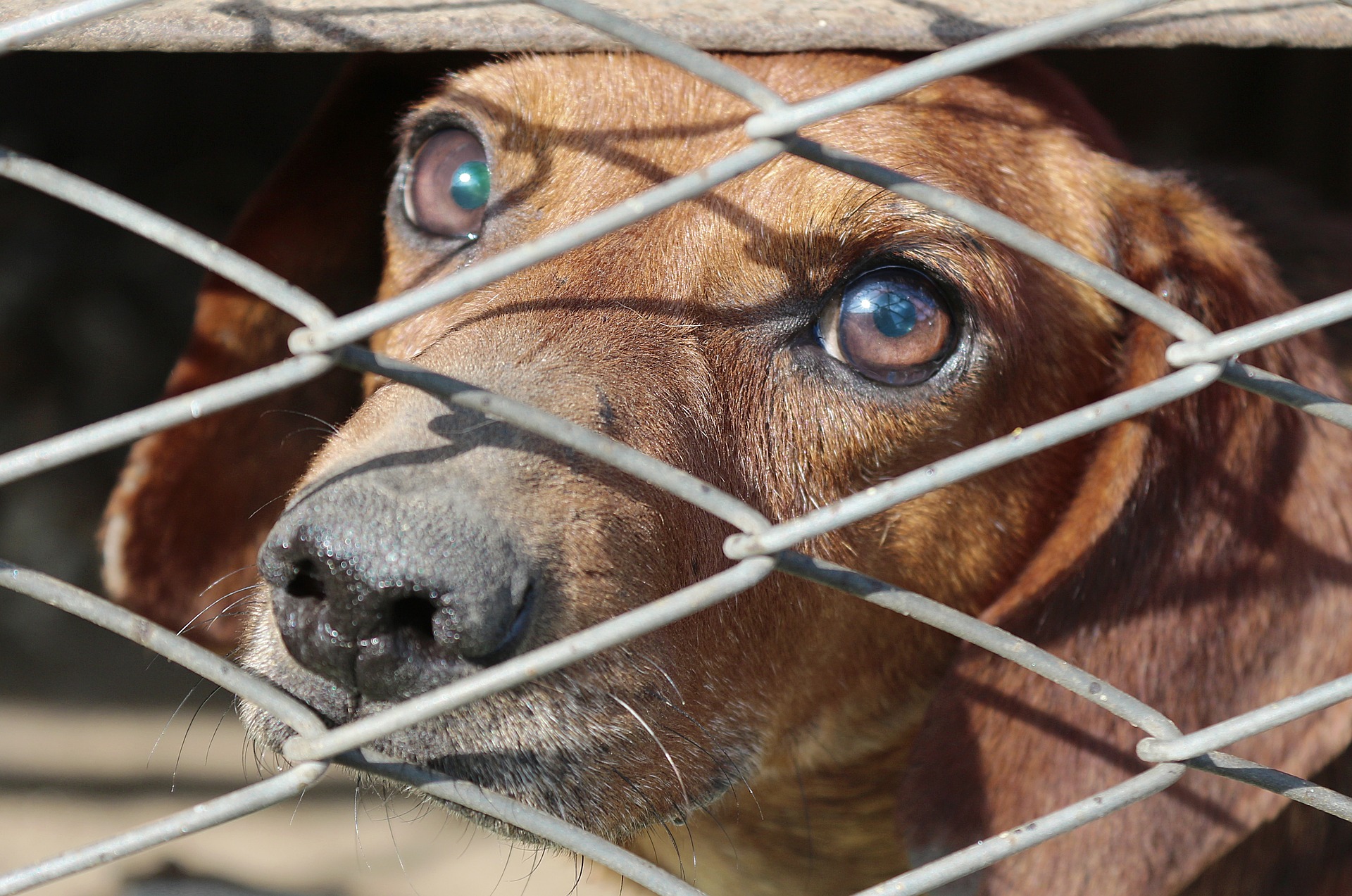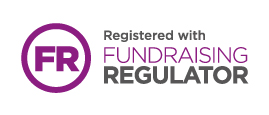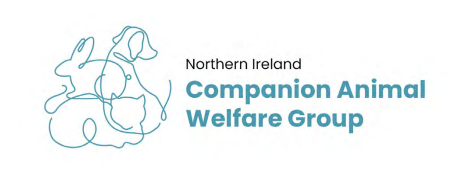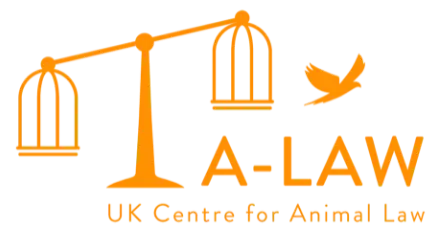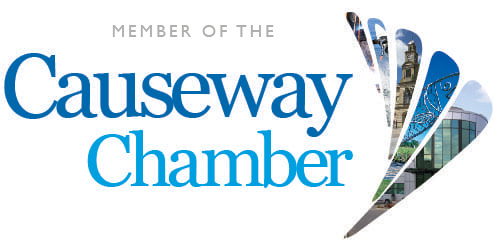Causeway Coast Dog Rescue (CCDR) calls on all 11 councils and DAERA to resolve the monetary issue regarding funding for animal welfare services as soon as possible, and to join up the dog warden and animal welfare services to deliver better communication and funding opportunities.
While breeding and licensing also falls under local councils’ legislative responsibility, it is a separate department and is funded differently from animal welfare. By CCDR’s current calculations from figures published by the UK charity, Naturewatch Foundation, in its Dog Breeding Map of the UK1, only 50 licensed breeders exist in Northern Ireland, which is “shocking”, said Tara Cunningham, Manager of Causeway Coast Dog Rescue, stated in a letter outlining figures to all eleven chief executives this week.
The map also shows there are no licenced breeders at all in Belfast, Derry & Strabane, or Antrim & Newtownabbey council areas.
Tara continued, “What’s even more scandalous, is that our calculations suggest councils have secured less than £11k of invoicing from the 50 breeding licences, while those breeders coin in an estimated £26 million. This does not include enforcement income, which could be achieved from identifying illegal breeders.”
In addition, Causeway Coast Dog Rescue is calling for the ‘Central Breeding Licence Register’ to be made public, to protect our communities from purchasing illegal puppies and create a more joined up approach with other agencies, such as PSNI, HMRC, DAERA, the Department of Communities and Department of Justice.
Natalie Harney, from Naturewatch Foundation’s campaigns team, said, “We’ve released the Dog Breeding Map of the UK to help people find out about licensed dog breeding in their area because a lot of councils don’t share that information. The map shows only 50 licensed breeders in the whole of Northern Ireland, which is shocking but sadly not surprising given the poor enforcement of dog breeding laws.
Natalie continued, “There’s a significant illegal and low-welfare puppy trade in the UK, and it’s no secret that Northern Ireland is a major player, both as a producer of farmed pups but also as a key transport route. The country can shed its puppy farming reputation, but everyone needs to do their bit. We’re urging councils to proactively crack down on illegal activity and to publish breeder registers. DAERA must also ensure proper funding for vital animal welfare services – cuts will only make things worse.”
Since last year, DAERA has pulled £1.25m in funding for animal welfare services without any substantial notice or planning with local government. However, councils have not identified the true cost need and whether they can be self-funding, during the fourteen years of having the legislative responsibility.
“We cannot get to Christmas and be informed that councils are still debating how the services will be funded and delivered,” stated Tara Cunningham of local animal welfare charity, Causeway Coast Dog Rescue.
Tara continued, “The previous funding was not enough to finance the needs of the service and so charities continue to pay the price by taking on the financial and legal burden that both local and central government should be providing.
“We have been calling on the Minister for DAERA to commission a Formal Review of the animal welfare service to ensure informed decisions are made for its future. Local government also need to step up and understand where funds can be raised within the service, especially in light of the figures. These figures are just the tip of a potential cash mountain available within the dog industry, notwithstanding money potentially lost to the public purse.
“From the information on Gumtree, Facebook and online sale prices of pups, licenced breeders are coining in approximately £26m per year, which does not include the backyard breeders, the so-called ‘hobby breeders’ and those living next to us in semi-detached houses. This is appalling considering a licence can cost as little as £150 from a local council.
“As a charity, we often support residents when witnessing abuse, and signpost them to make a report and statement to the council’s Animal Welfare Office or the Police, depending on the incident. However, the local government refuse to confirm the outcome, any kind of reference number for follow up, or progress on the investigation. An update and confirmation of outcome would support the witness and help alleviate any stress or trauma they are going through following a report being made, without impacting on a criminal investigation.”
“This is the service being funded by DAERA and delivered by the 11 councils and co-ordinated by Fermanagh and Omagh District Council. The potential loss of money to the public purse is unfathomable and Causeway Coast Dog Rescue is calling for both local and central government to work in partnership with other agencies as a multidisciplinary approach, to resolve this loss of income, and stop illegal activity in our communities.
“This is about protecting our communities while also protecting the health and well-being of our future companions, and councils are being complicit in neglecting their constituents by not providing a fit for purpose service,” stated Tara. She continued, “Animal Welfare is not someone else’s issue: it is a public health issue and should be recognised as such.”
Dog Breeding Map Of The UK | Naturewatch Foundation
2 https://www.daera-ni.gov.uk/articles/council-licensing-dog-breeding-establishments
END
